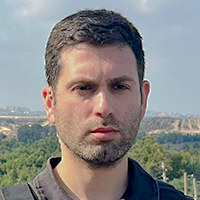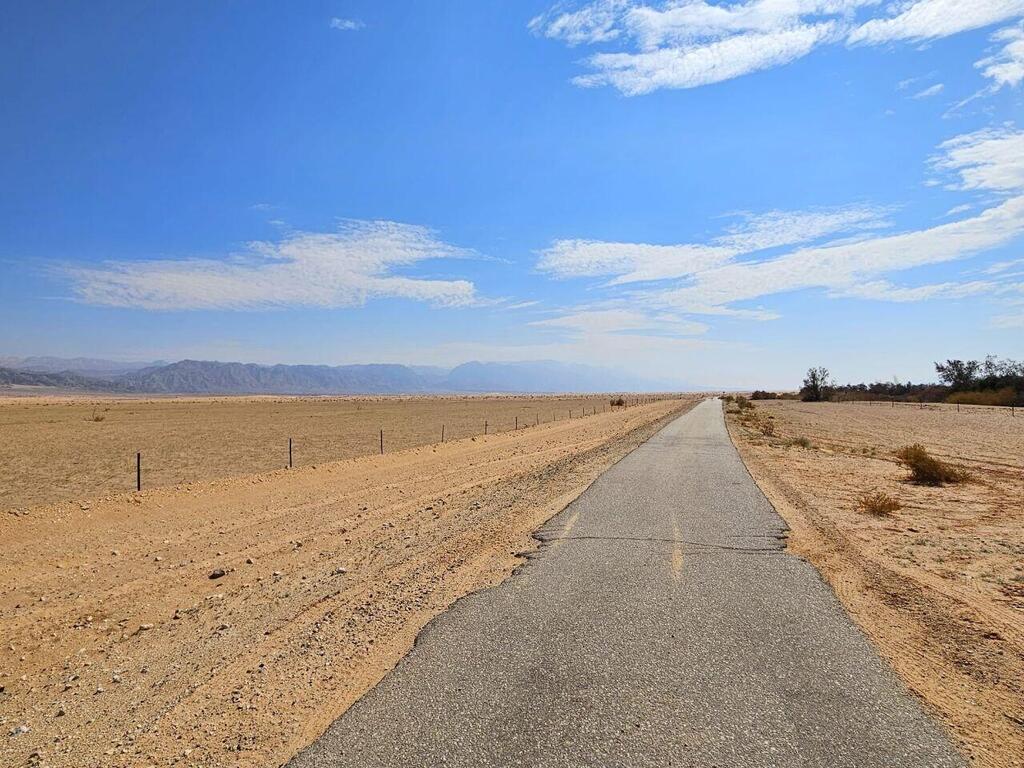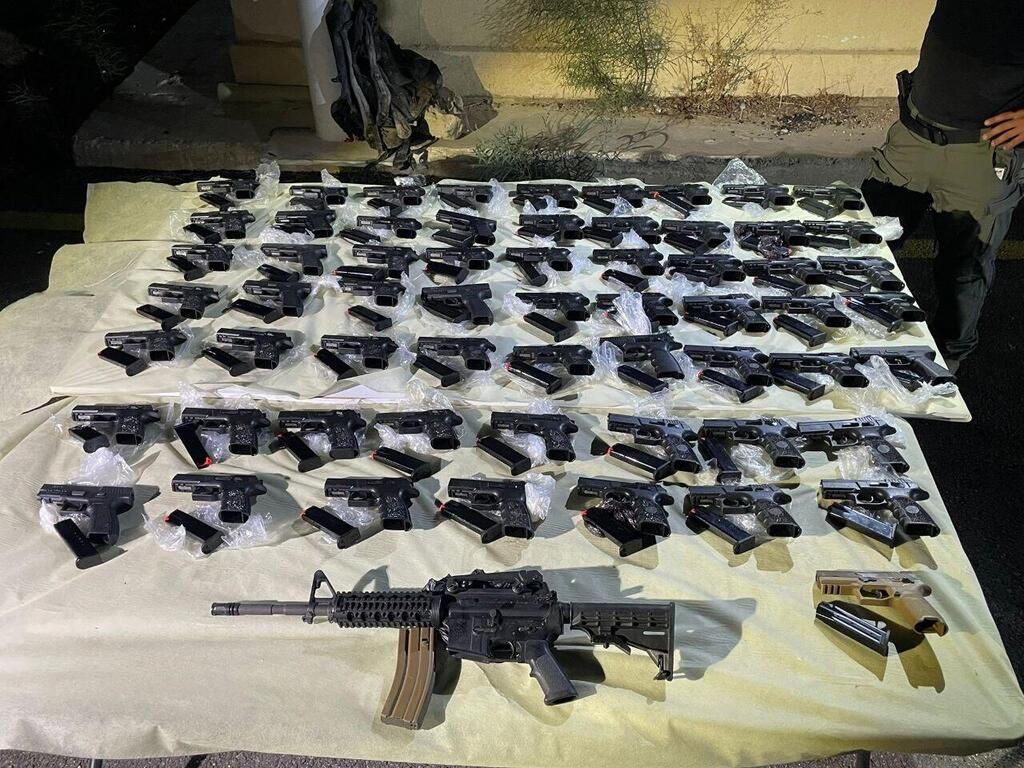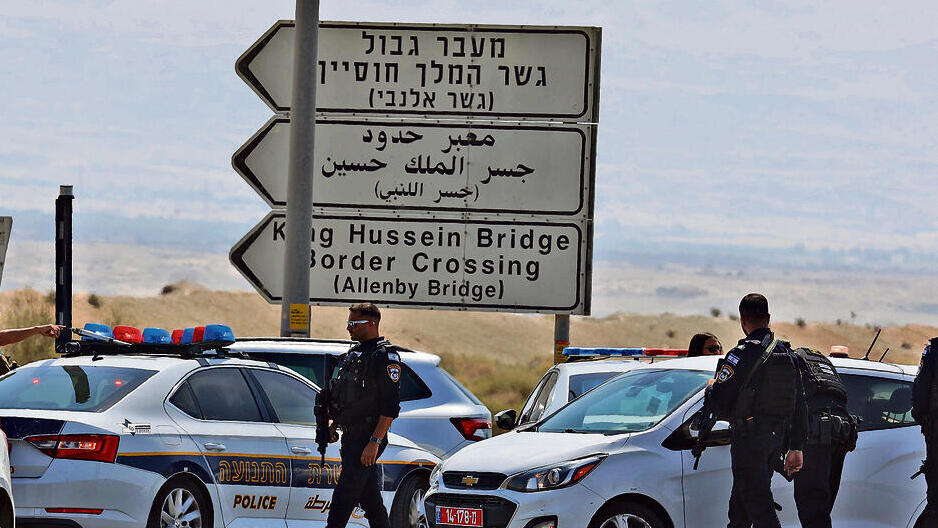Getting your Trinity Audio player ready...
The deadly attack at the Allenby Crossing last week reminded us of the breached eastern border with Jordan which can supply West Bank terrorists with explosives. The IDF plans to secure the Jordanian border with a new unit, barriers and drones. The army's plan to solidify the border will be presented for the first time in the coming days to senior officials in the Defense Ministry and Finance Ministry.
The operation will include three phases. The first stage will involve the deployment of hundreds of means of surveillance, such as radars and cameras. Then, Israel will place forces that can reach any location quickly in the case of infiltration or smuggling. The IDF will also upgrade its local aerial capabilities and the neglected engineering barrier at the border. The plan will be presented by Deputy IDF Chief of Staff Major General Amir Baram.
At the same time, the IDF will establish a new regional division, the Eastern Brigade, which will be responsible for the Jordanian border. There will be two or three divisions under its command that will specialize in their sector. Currently, the Jordanian border is guarded by several battalions, some of them are familiar with the area but most are rotated in and out. The mixed battalions secure the border near Eilat and the Judea and Samaria forces secure the area close to the West Bank.
Over the years, the IDF tried to correct the situation. For example, the military considered placing the southern Jordanian border units under the Judea and Samaria Division's command. The new initiative also includes an attempt to include a new unit of ultra-Orthodox soldiers that will serve near their yeshiva in the Jordan Valley or in the Jerusalem area. The plan will also strengthen the security of sensitive assets such as the Dead Sea hotels.
The Jordanian border project is expected to cost more than the Sinai border which cost 2.5 billion shekels at the time but less than what is expected to be spent on the underground barrier with Gaza to prevent underground infiltrations through the Hamas terror tunnels which will cost around 4 billion shekels. The government is considering creating a new budgetary clause to not to burden the security budget, similar to the Gaza barrier.
Under the existing situation and the many years of neglect, arms smugglers have succeeded in the last five years, since the civil war in Syria died down and ISIS collapsed in Iraq, to distribute thousands of different weapons in the West Bank, from pistols to IEDs. The smuggling routes are mainly frequented by Turks, Jordanians or Africans who are living in Israel illegally.
In 2021, the Central Command invested much of its attention to thwart the hundreds of attempts to smuggle weapons through the ineffective border. "For every successful operation to thwart smuggling, there are at least three to five successful smuggling operations and we don't know about them," estimated a security official.
The back of Tehran
In the past year, under the auspices of the war in Gaza, the Iranian Quds Force has slowly taken over smuggling routes into the West Bank to arm local Palestinian terrorist organizations to act against Israel and the Palestinian Authority. Iran has been smuggling explosives made from dual-use materials in recent months as was seen in several attempts.
The defense establishment warns that the use of these explosives will only expand in the West Bank along with the knowledge of how to create explosives from fertilizers. Other troubling news in the region comes from the reported American withdrawal from Iraq at the end of 2026 after the U.S. reached an agreement with the Iraqi government. This could help Iran and its proxies consolidate power in the region and remove the buffer between Iran and Jordan.





